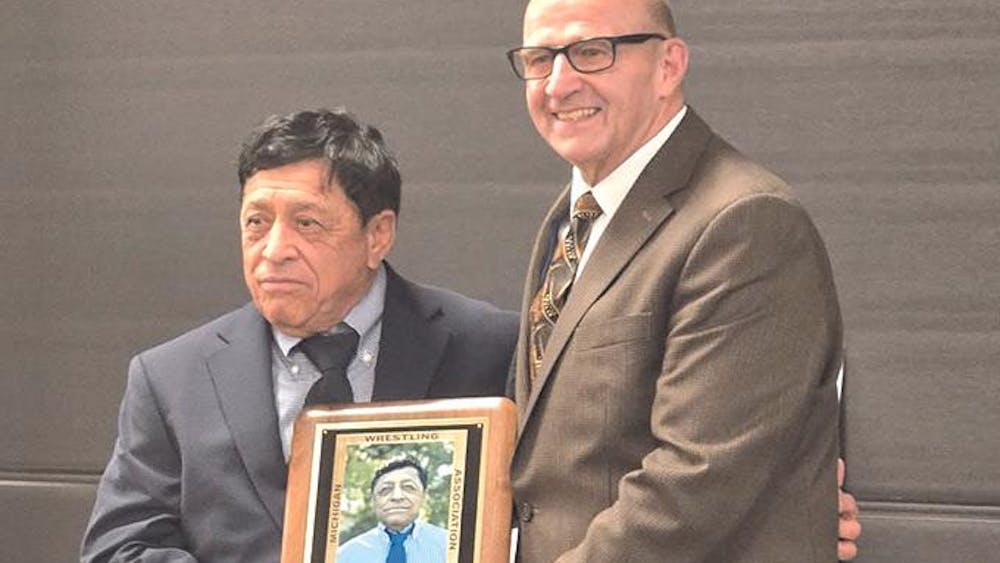We, in this modern era, rather intuitively understand that the early settlement of Pentwater must have been a trying ordeal for most people. After all, they lacked most, if not all, of the conveniences of modern life, and beyond that, the community was smaller, the number of predators greater, and the application of medicine was not as well developed as it is now. Still, we know that these early settlers succeeded. Pentwater now stands bold and successful. The proof is in the pudding. However, it is maybe a bit of naivety to think that the settlement went off without a hitch. There is, included among the pages of Page’s History of Oceana County, a settlement story so unfortunate that I thought I must share it here. So, without any further ado, let me tell you about Mr. Jennings.
Mr. Jennings initially homesteaded somewhere along the northern branch of the Pentwater River. As our dear author puts it, Jennings “went onto his land without a cent in his pocket, but with a heart full of courage.” The courage, presumably, served him very well, as he needed it in spades to endure what he did. To even begin his homestead, Jennings had to walk three miles through the woods with his stove on his back. And this isn’t even the worst of it. He somehow managed to get lost along the way, and “laid out all night with his stove.” Personally, a stove would not be my campfire companion of choice, particularly one that I spent all day carrying. After arriving upon his lot, Jennings needed to begin the construction of his shanty. To do this, all of the boards and supplies also had to be carried three miles through the woods. At least he seems to have memorized the path, as Page doesn’t mention him getting lost again. According to Page, by the time Jennings was done with his shanty, “the skin was all worn from his shoulders.” Immediately following this, Mr. Jennings noticed a rather threatening-looking tree nearby. He decided, with his good, clean wisdom, to cut it down before it became a serious issue, and “it gave another practical example of the total depravity of inanimate things by falling directly across his cabin, knocking everything into the direst confusion.”

Now this is probably where Mr. Jennings should have called it quits, but he did not. He turned away from the mess of the cabin in disgust and simply started walking. After about half an hour, he cooled off and returned. Yet, “every attempt that he made to improve his condition while he remained in this location seemed equally unfortunate.” He bought six yearlings and gave one of them to Charles Dumaw for helping ferry them across the river. Within a year, the remaining five were lost. He bought a yoke of cattle. Two days after returning home with them, he discovered the best of the two drowned in a creek. He kept the second for a time before he too went missing. It was eventually found mired in a bog. The cattle was pulled out of the bog only to discover that he was skin and bone. Mr. Jennings assumed it must have been stuck there for a week. Over time, the cattle recovered and was allowed to go out again. It immediately got lost again. This time, Jennings gave it up as a lost cause.
Mr. Jennings attempts to settle this little spot along the Pentwater River were so wrought with misfortune, he eventually decided to give it up altogether. He sold his land and “joyfully bade adieu to the black flies and mosquitoes, which had been his only visitants….” He instead went a few miles south, where he eventually “struck into the tide of prosperity” and became one of the most respected citizens in the township. However, it would seem the hand of fate had one last misfortune in store for him. After he sold his lands and was crossing the river to get to his new lands, he “managed to fall off an overhanging tree, and got a thorough wetting.”












